- China-Africa education cooperation, digital empowerment to cultivate a new generation of technical talents
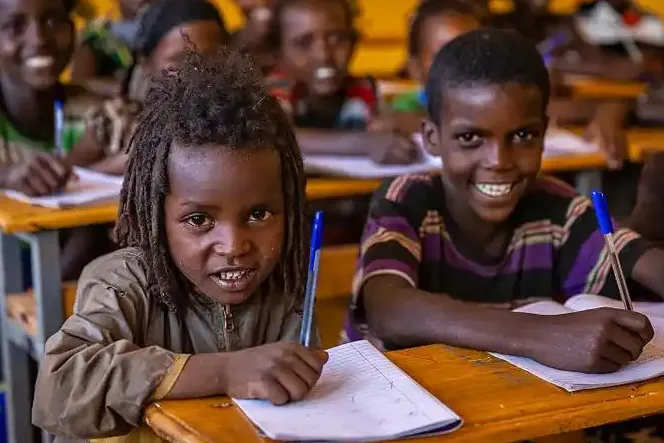
In the context of the deepening of the Belt and Road Initiative, China-Africa education cooperation is ushering in unprecedented development opportunities. The African continent has the youngest population in the world, with more than 60% of the population under the age of 25, but faces a severe shortage of educational resources. This huge "education demand" provides a broad space for China-Africa education cooperation.
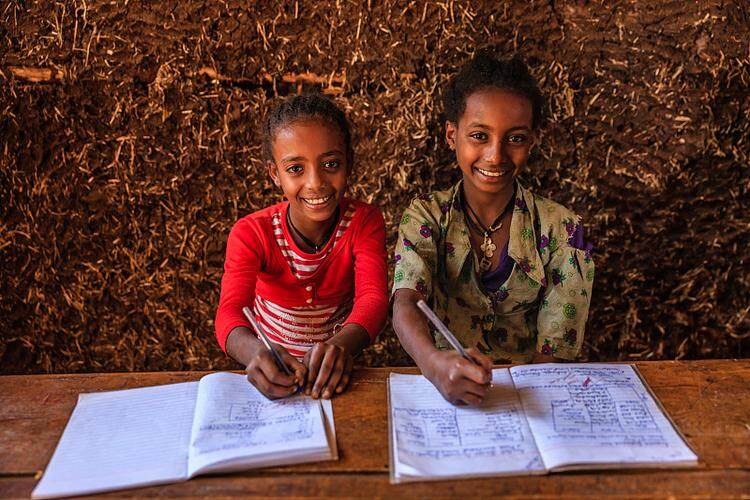
At present, there are three prominent contradictions in the field of education in Africa: first, the lack of infrastructure, with an average of only 0.4 classrooms per 1,000 students in sub-Saharan Africa; second, the lack of teachers, with a teacher-student ratio of 1:58; and third, the weak vocational education system, which is difficult to meet the needs of industrialization. These pain points are precisely where China's educational advantages come into play.
Chinese education solutions are taking root in Africa. In Kenya, 100 modern primary schools built by Chinese enterprises have been put into use; In Ethiopia, China-aided vocational and technical schools train 3,000 skilled workers every year; In South Africa, the cumulative number of participants in the "Chinese + Vocational Skills" training program exceeded 20,000. These projects have not only filled the gap in local education, but also cultivated a large number of talents urgently needed for Africa's development.
Digital education has become a new highlight of cooperation. The online education platform developed by Chinese enterprises has covered 20 African countries and provided more than 100,000 courses. In Nigeria, a Chinese company's AI teaching system helped local students improve their math scores by an average of 23%. This "asset-light" model effectively breaks through infrastructure constraints and allows high-quality educational resources to reach remote areas.
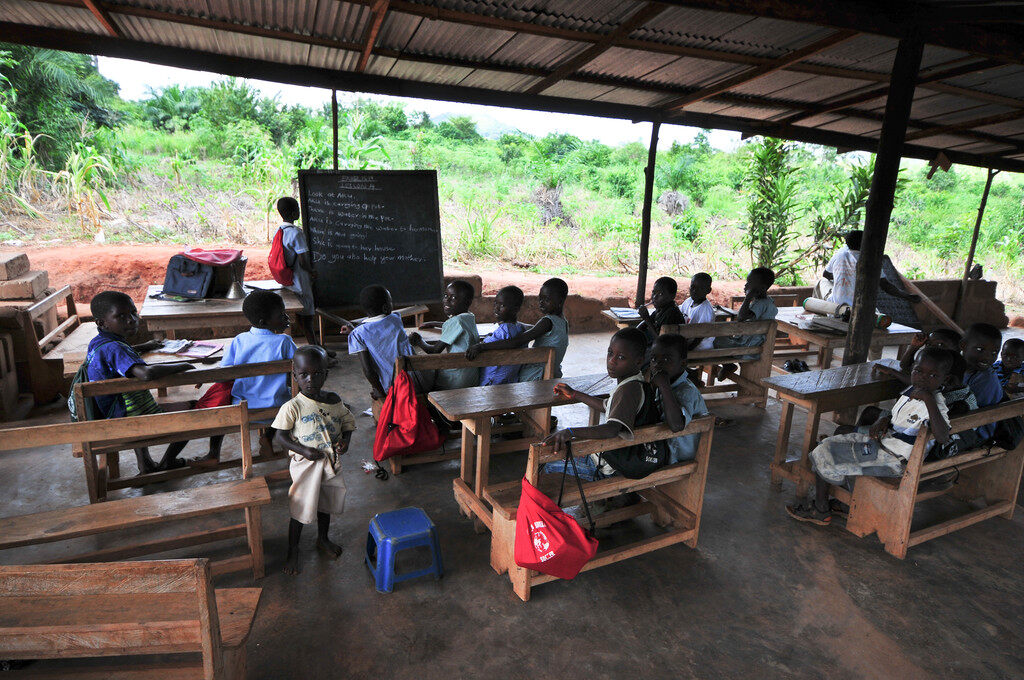
China-Africa education cooperation is forming a virtuous circle of mutual benefit and win-win results. On the one hand, Chinese education enterprises have gained new market growth points; On the other hand, African countries have received the human resources they need for development. This kind of cooperation is not only focused on the present, but also cultivates a new generation of China-Africa friendship in the future. As cooperation deepens, education is becoming one of the most sustainable areas of cooperation under the Belt and Road Initiative.(This article is from the official website of Seetao www.seetao.com. Reprinting without permission is strictly prohibited. Please indicate Seetao.com + original link when reprinting) Seetao.com Strategy Column Editor/Sun Fengjuan
Comment
 Praise
Praise
 Collect
Collect
 Comment
Comment
 Search
Search




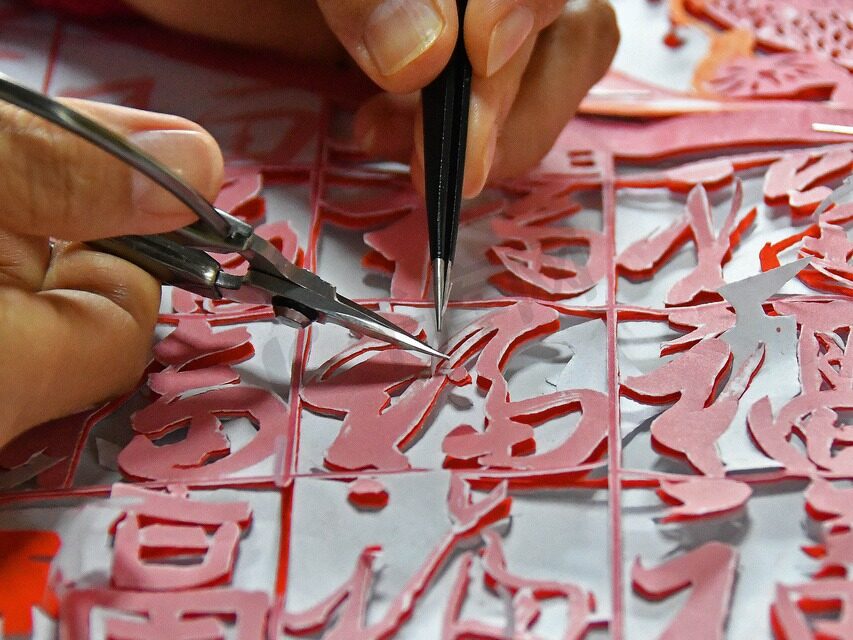
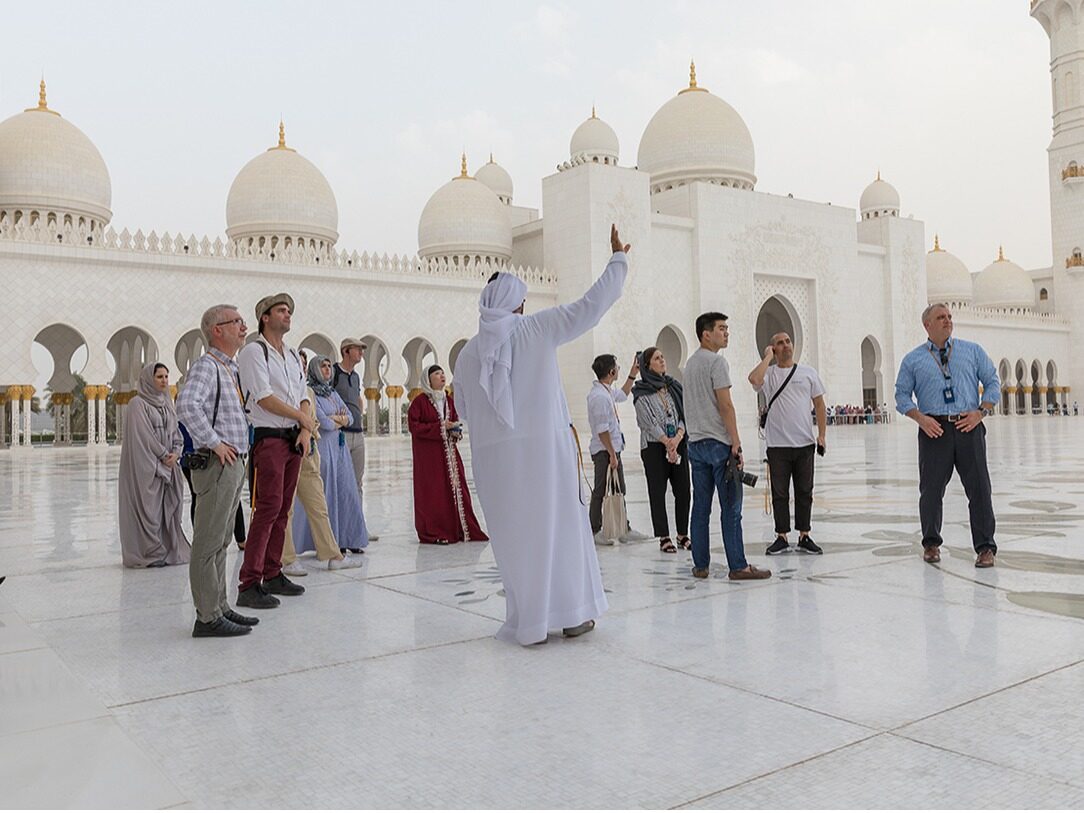

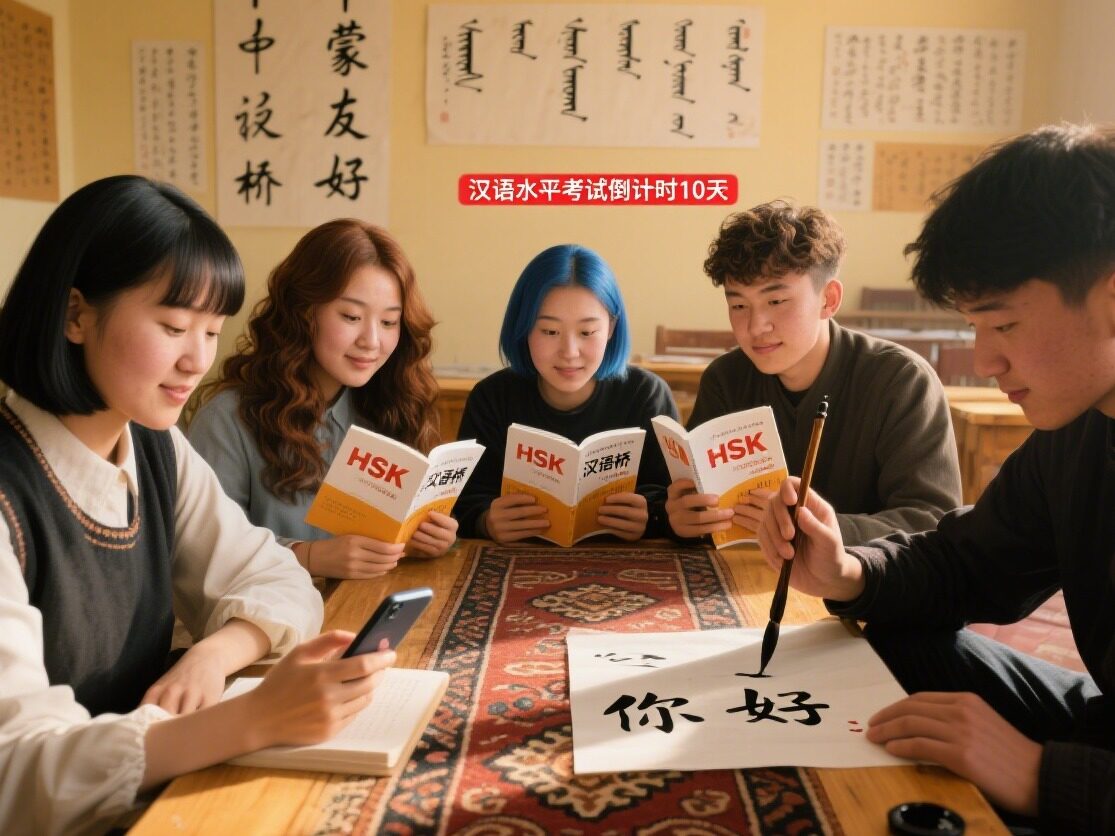






Write something~